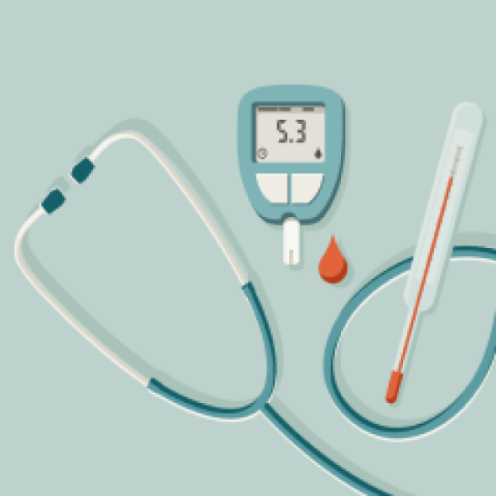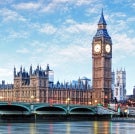Thousands of pro-Palestine demonstrators took to the streets of London on Saturday to demand a ceasefire between Israel and Hamas.
The march marked the 76th anniversary of what Palestinians call the Nakba – the Arabic word for catastrophe – which refers to the mass displacement of people after the creation of Israel in 1948.
Seven arrests were made during the Palestine Solidarity Campaign (PSC) protest for incidents involving “offensive placards and chants, violence and sexual assault”, the Met Police said.
In one case, a man was arrested for chanting “Intifada Revolution” – the Arabic word for “uprising” – as well as damaging a traffic light on Regent Street.
The Intifada is understood to refer to a violent period in the 1980s, 1990s and 2000s across the West Bank and Gaza strip that saw the death of 5,000 Palestinians and 1,400 Israelis.
One man was arrested for “carrying a coffin with offensive language on it”, the force added. Another man, 22, was arrested on suspicion of assaulting an officer.
Another man was arrested on suspicion of sexual assault outside Piccadilly tube station, and another was arrested on suspicion of assault. Two more were arrested on suspicion of affray.
Demonstrators, some carrying “ceasefire now” placards, were heard singing and chanting as they made their way from Regent’s Street to Whitehall, where they gathered for speeches.
Meanwhile, a counter-demonstration by pro-Israel group Enough is Enough took place at Piccadilly Circus – where a 74-year-old man was arrested on suspicion of a provocation of violence.
The pro-Palestinian march was the 14th such event held in London since the Hamas attack on Israel on 7 October, in which 1,200 people were killed and more than 240 kidnapped.
After the 7 October attack, Israel launched an offensive in Gaza that has killed more than 35,000 people, according to the territory’s Hamas-run health ministry.
Chief Superintendent Colin Wingrove said:“We have worked with organisers of today’s events to ensure people could protest safely while at the same time minimising serious disruption to the community.”
Mr Wingrove added: “Officers made swift interventions to make arrests where criminal offences were suspected.”
Source: independent.co.uk



